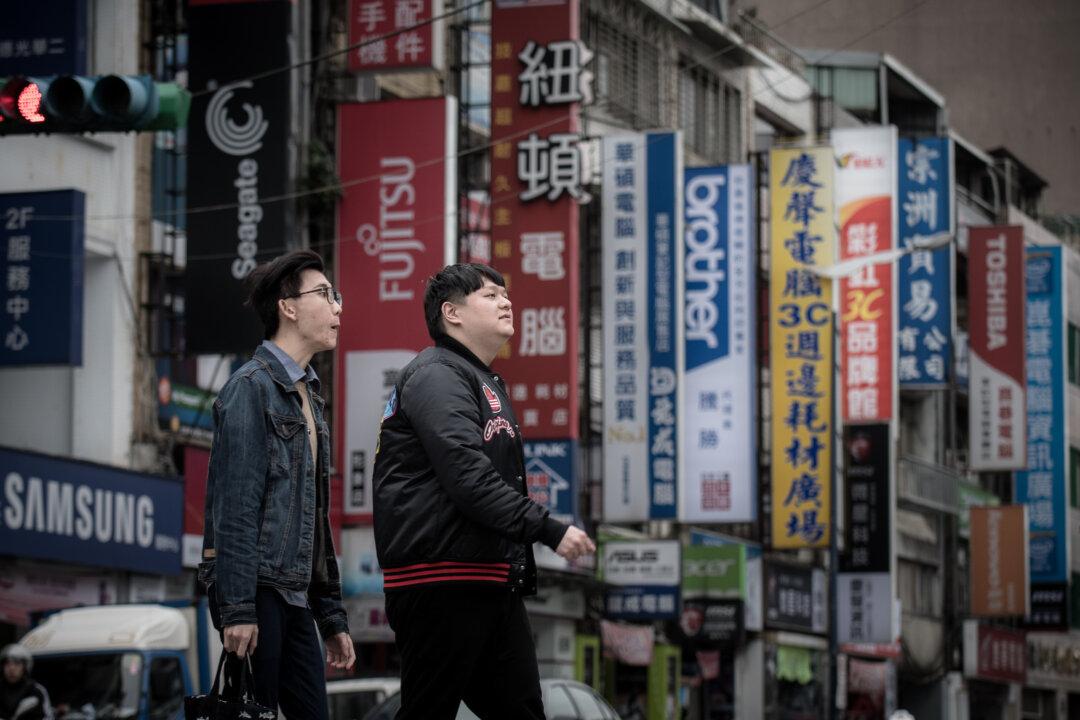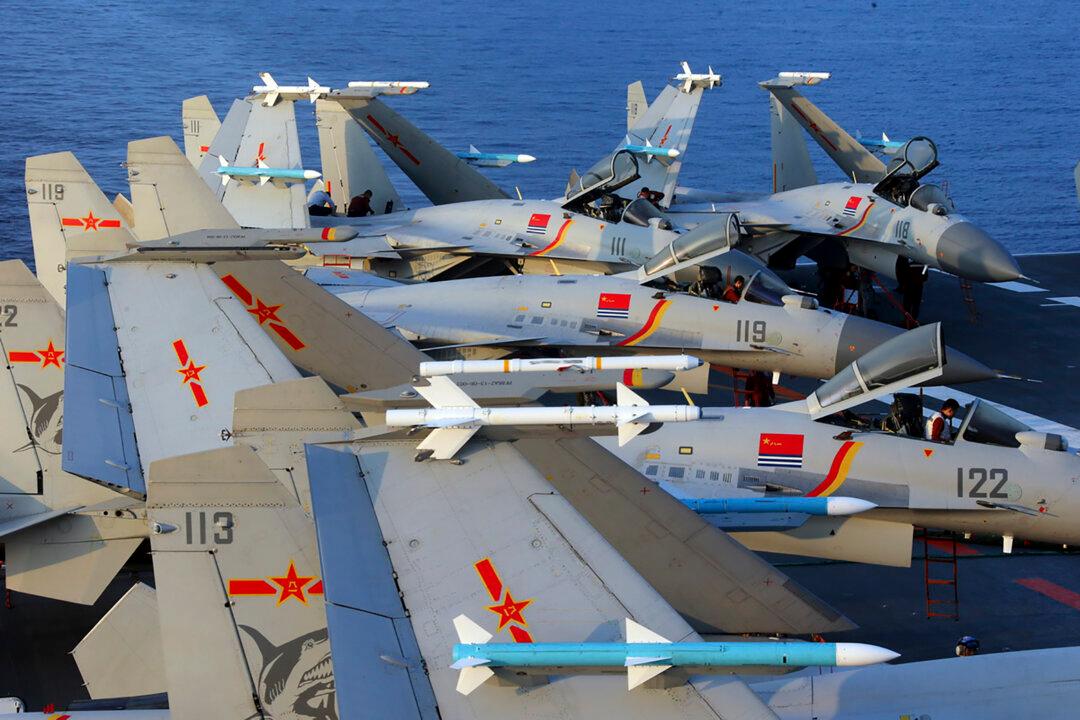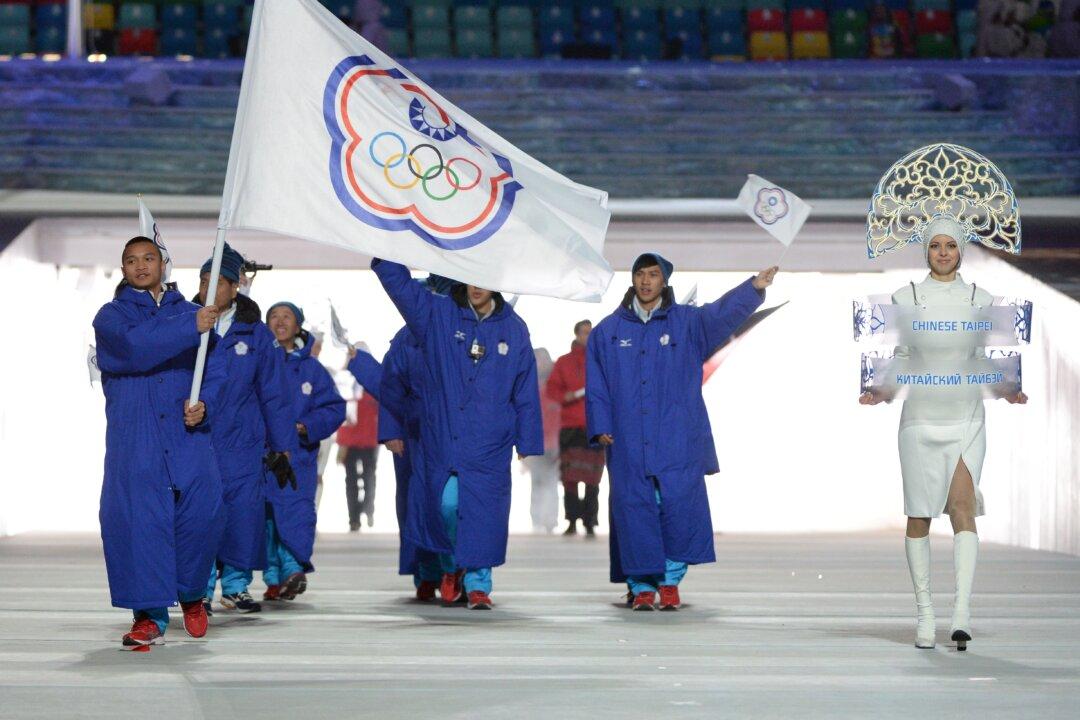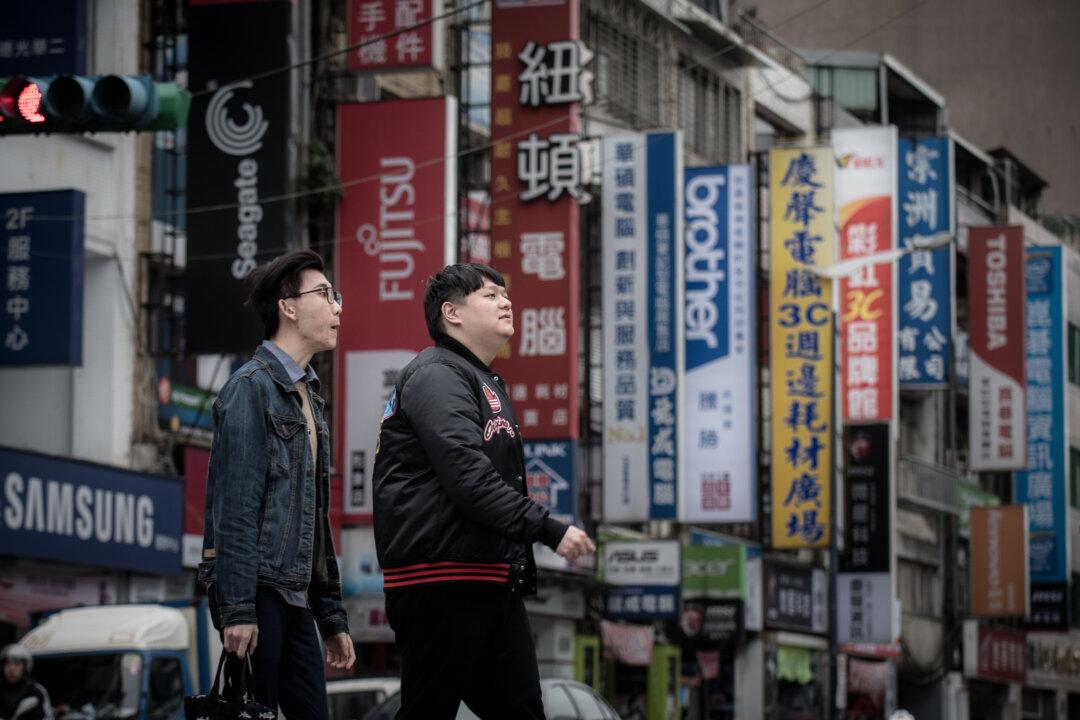Amid the continuing military standoff and tensions across the Taiwan Strait, the People’s Republic of China (PRC) has announced a whopping list of new economic benefits designed to lure Taiwanese businesses and individuals to come to the mainland. The Taiwanese government and some observers warn that the new “gift package” from the Chinese regime, which continues to threaten the island nation militarily, may serve a sinister design.
The announcement unveiled by China’s Taiwan Affairs Office on Feb. 28 contained 31 items across 29 government agencies that supposedly would give even more economic benefits for Taiwanese who do business or live in mainland China.




